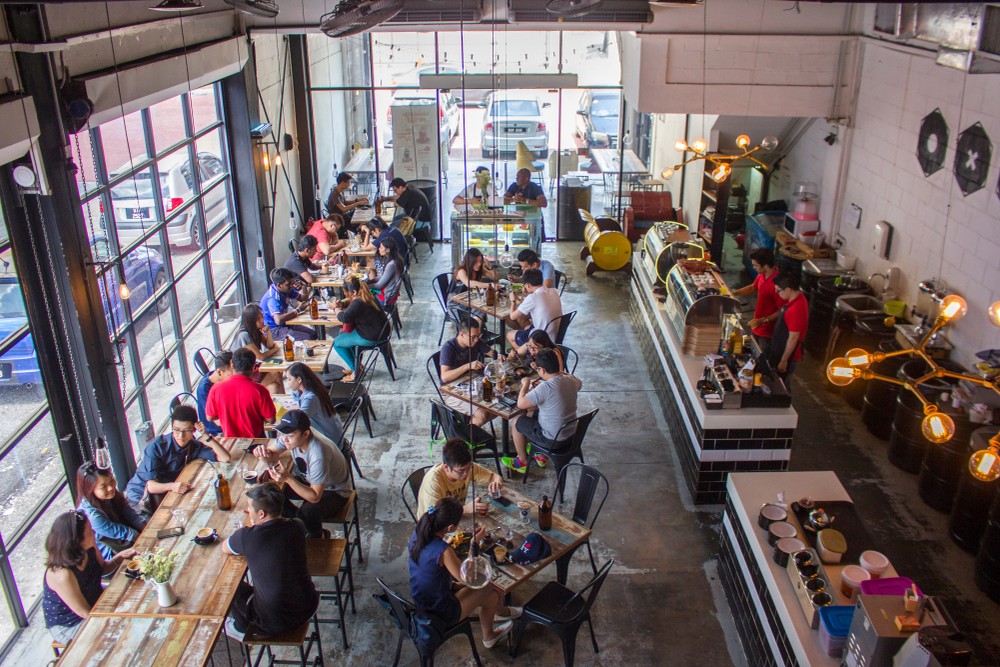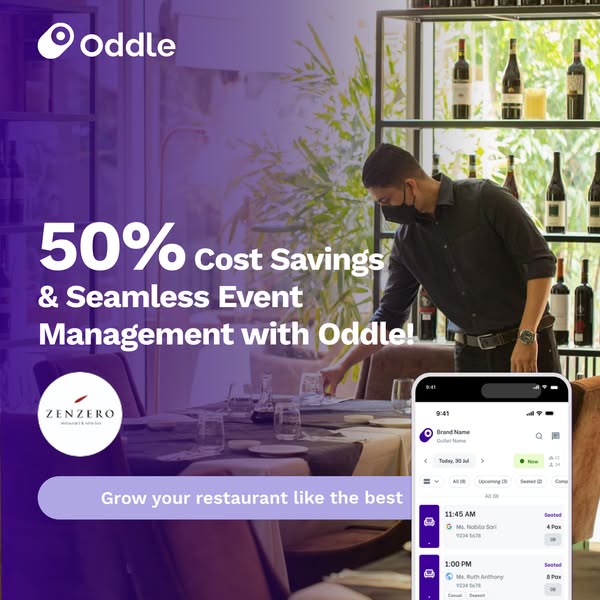Restaurant Software
2025 Guide: Best Loyalty Systems for Restaurants in Malaysia
9
min read
|
Dec 4, 2024
Loyalty & CRM Systems in Malaysia
In Malaysia’s dynamic and competitive F&B landscape, restaurants constantly grapple with attracting new patrons, retaining loyal ones, and driving sustainable growth. A Customer Relationship Management (CRM) and loyalty system can be a transformative tool, enabling restaurants to streamline operations, engage effectively with customers, and unlock new revenue streams.
Why Your Restaurant Needs a CRM/Loyalty System
A robust CRM and loyalty system is no longer optional—it’s critical for success in the F&B industry. Here’s a closer look at the challenges faced by restaurants in Malaysia and how the right system can help.
1. Sustained Growth is a Challenge
Inconsistent Marketing Strategies: Restaurants often rely on temporary efforts like promotions or discounts, which fail to create long-term customer relationships.
Limited Online Presence: Many restaurants don’t optimize for local SEO or manage their online reviews, missing opportunities to attract new diners.
2. Retention is Harder Than It Looks
Overestimating Retention Rates: Restaurants may recognize a few frequent diners but often overestimate their overall repeat customer base.
Minimal Customer Engagement: Without insights into who their customers are or what they prefer, restaurants struggle to create meaningful connections.
3. Enrolment Rates are Too Low
Payer-Centric Data Capture: Many systems only capture data from the person who pays, ignoring the rest of the dining group.
Missed Potential: Low enrollment rates limit the full impact of loyalty programs.
4. Fragmented Customer Data
Disconnected Channels: Data from dine-in, delivery, and takeaway customers is often siloed, making it challenging to build comprehensive customer profiles.
Lost Cross-Channel Opportunities: Restaurants miss out on upselling or encouraging customers to explore different dining formats.
5. Poor Online Reputation and SEO
Unoptimised SEO: Without attention to search terms like "best restaurant in Malaysia," restaurants lose out on organic traffic.
Key Metrics for Measuring CRM/Loyalty Success
The success of a CRM and loyalty system can be evaluated through these essential metrics:
Number of Customers Enrolled
The number of customers enrolled determines the program's reach and impact.
Cost Per Customer Enrolled
Systems with high upfront costs or subscription fees often result in higher enrollment costs, especially for smaller restaurants.
Active Engagement Sent to Customers
Engaging customers through personalized offers, rewards, or reminders maximizes the program’s effectiveness.
Cost Per Engagement
Channels like SMS and WhatsApp can drive up costs, while email reduces expenses significantly.
Return on Investment (ROI)
A program’s value lies in how much revenue it generates compared to its costs.
Detailed Enrolment Cost Analysis
Assuming a restaurant serves 3,000 covers per month, here’s how enrolment costs compare among platforms:
Mulah
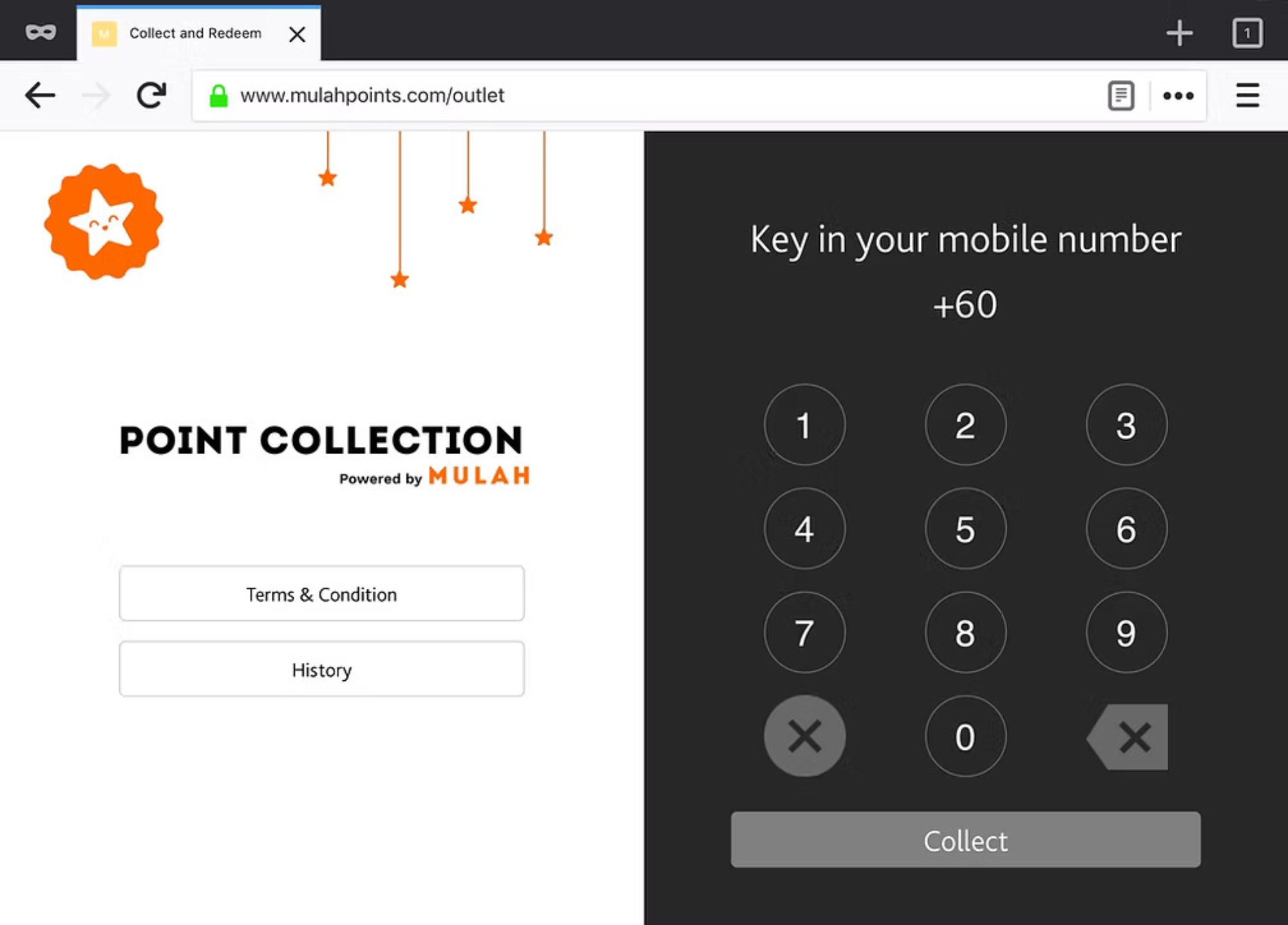
Potential Customers: Captures data only from paying customers (~1 in 4 diners), resulting in 750 potential customers monthly.
Enrolment Rate: 20%, yielding 150 enrolled customers.
Monthly Software Cost per Outlet: RM 250
Enrolment Cost per Customer: RM 1.67/customer (RM 250/150)
Eber
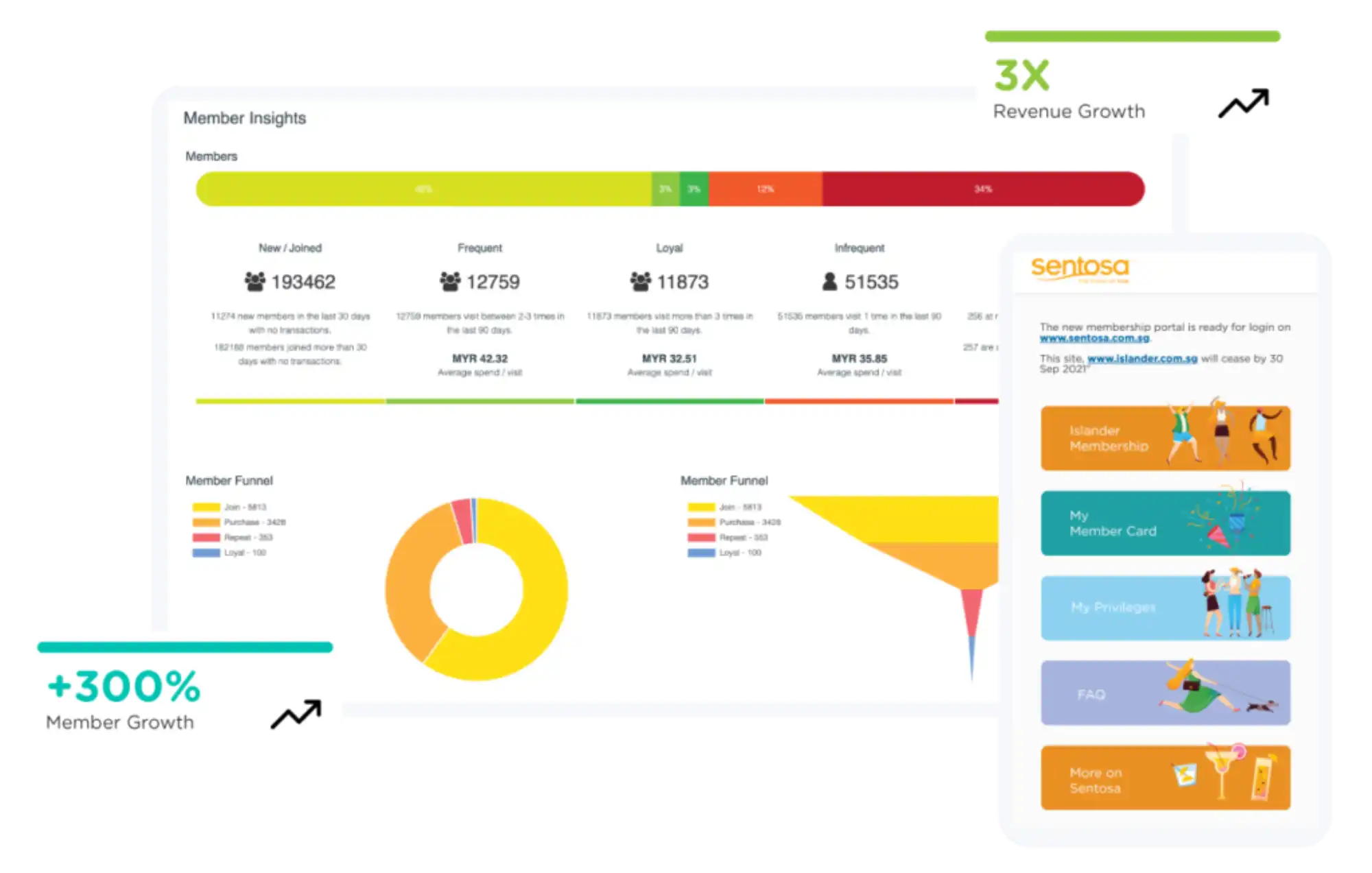
Potential Customers: Similar capture rate (~1 in 4 diners), resulting in 750 potential customers monthly.
Enrolment Rate: 20%, yielding 150 enrolled customers.
Monthly Software Cost per Outlet: RM 300
Enrolment Cost per Customer: RM 2.00/customer (RM 300/150)
Advocado

Potential Customers: Captures data only from paying customers (~1 in 4 diners), resulting in 750 potential customers monthly.
Enrolment Rate: 20%, yielding 150 enrolled customers.
Monthly Software Cost per Outlet: RM 160
Enrolment Cost per Customer: RM 1.07/customer (RM 160/150)
Oddle Loyalty
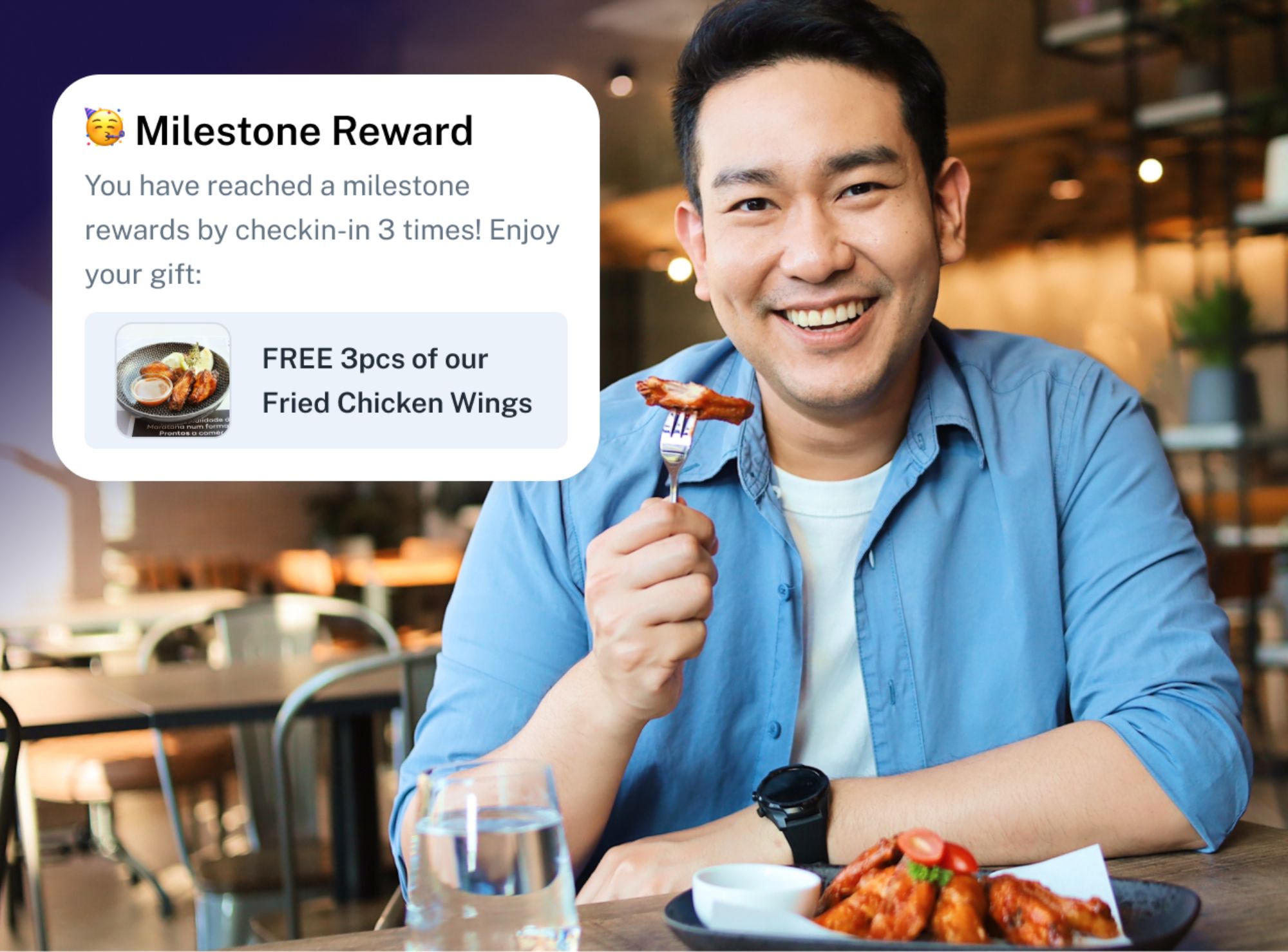
Enrolment Cost: RM 0.60 per customer enrolled.
Choosing The Right CRM/Loyalty System: Comparison of Vendors in Malaysia
Oddle Loyalty is Best For
Oddle Loyalty is best for data-driven restaurants focused on measurable results and personalised engagement. With its usage-based pricing and tools to capture data from all diners via QR/NFC, it’s a cost-effective solution for boosting retention and re-engagement. If you value robust insights and seamless integration with the Oddle ecosystem, this is your best choice.
Mulah is Best For
Mulah is best for small to medium-sized restaurants seeking simple cashback or stamp card rewards. Its easy setup, predictable costs, and user-friendly interface make it great for loyalty program beginners. Choose Mulah if affordability and simplicity are your priorities.
Eber is Best For
Eber is best for larger restaurants with higher budgets that need feature-rich tools. It offers multi-channel engagement, points systems, and advanced analytics. If your restaurant can invest in premium features and values deep insights, Eber is a strong choice.
Advocado is Best For
Advocado is best for restaurants wanting straightforward rewards like stamp cards or SMS/WhatsApp campaigns. Its predictable pricing and simplicity are great for smaller operations. However, high engagement costs and limited data capture may not fit businesses with larger customer bases.
Conclusion: Oddle Loyalty’s Advantage
Among the systems analysed, Oddle Loyalty stands out as the most effective choice for Malaysian restaurants. Its strengths in maximising enrolment, leveraging detailed customer data, and re-engaging diners make it the ideal solution for F&B businesses. The usage-based pricing ensures cost-efficiency, allowing restaurants to grow without overextending budgets.
